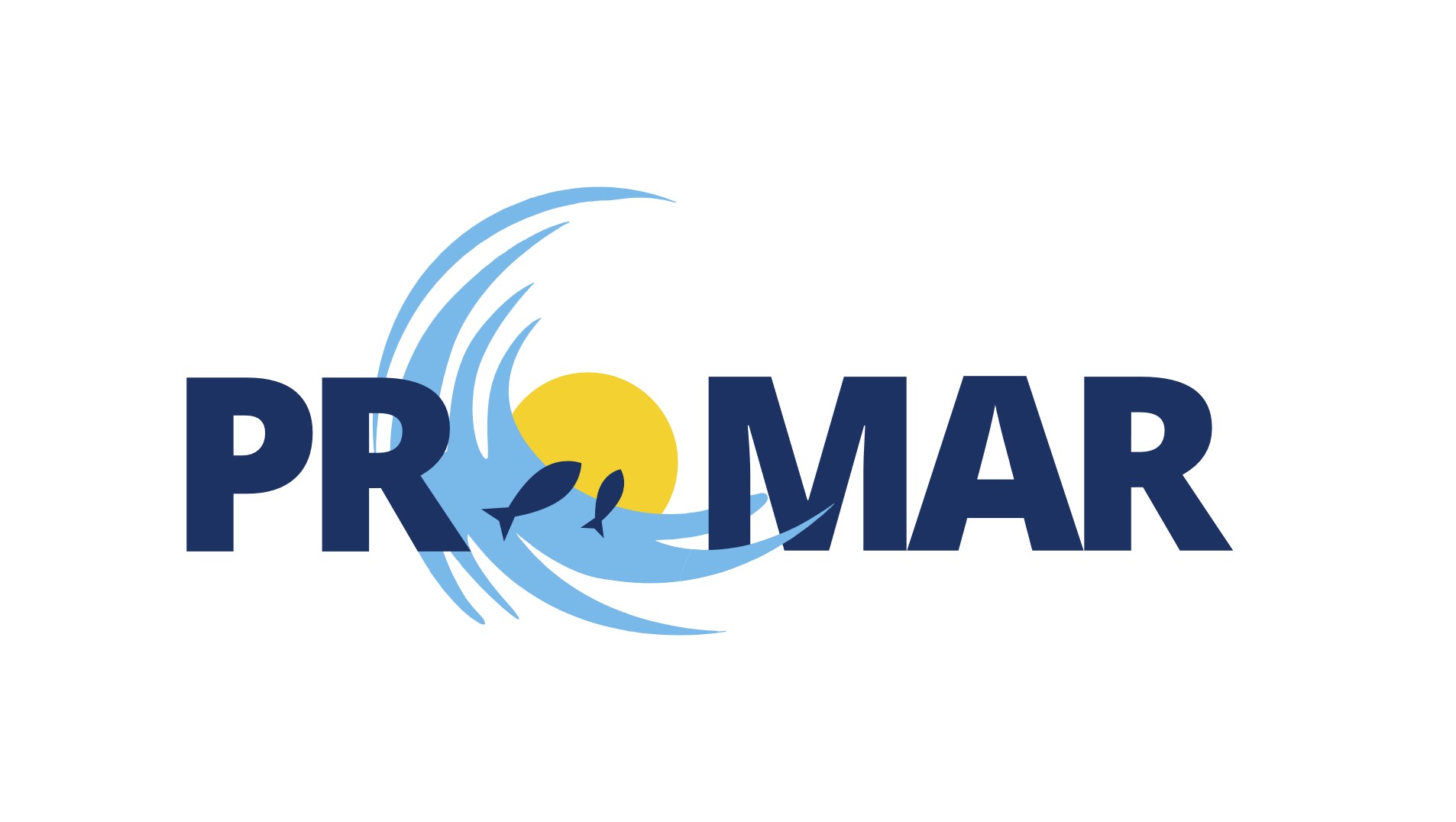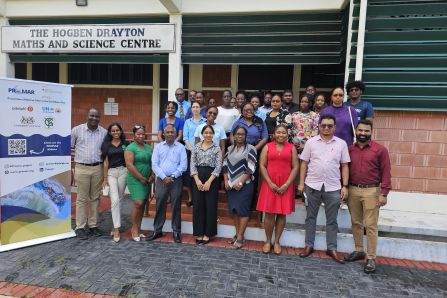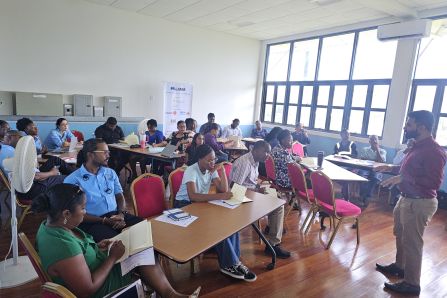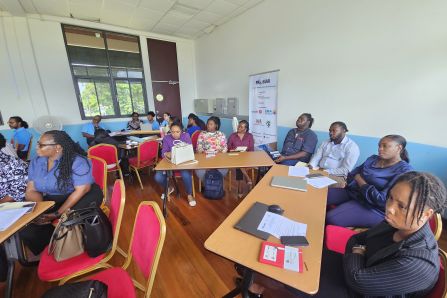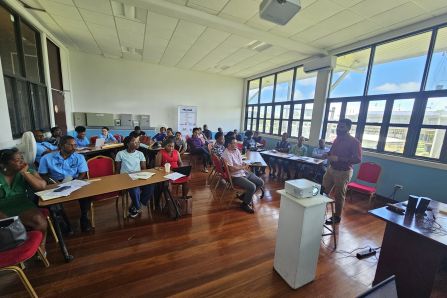Capacity Building Workshop on Extended Producer Responsibility (EPR) and the Circular Economy- Guyana
Guyana Takes Bold Step Toward Sustainable Waste Management with Capacity Building Workshop on Extended Producer Responsibility and Circular Economy Ecosystems
The University of Guyana, as part of the Prevention of Marine Litter in the Caribbean Sea (PROMAR) project, hosted a transformative Capacity Building Workshop focused on Extended Producer Responsibility (EPR) and Circular Economy Business Models. Held at the Hogben Drayton Maths and Science Centre, this pioneering event marked a significant milestone in Guyana’s journey toward modernizing its waste management landscape.
The workshop brought together a diverse group of national and international stakeholders—including representatives from government agencies, regional bodies, academia, civil society, and the private sector—for an intensive, hands-on learning experience. The core curriculum was structured around the globally recognized EPR Toolbox, a six-module training package designed to support countries in developing effective, sustainable waste recovery systems.
A Call to Action
Chairing the morning session, Professor Temitope Oyedotun of the University of Guyana called for urgent systems-based solutions to address marine plastic pollution. “As a coastal state with a concentrated population and economy along the coast, Guyana must adopt proactive and innovative strategies like EPR,” he stated. “This is not just about waste—it’s about protecting our ecosystems, creating green jobs, and safeguarding our future.”
Global Expertise Meets Local Context
Leading the training sessions was Mr. Amarnath Munnolimath, Senior Advisor at adelphi and lead facilitator for the workshop. He set the global stage with a sobering overview: more than 14 million tonnes of plastic enter the ocean annually, threatening biodiversity, public health, and economic stability—especially in vulnerable regions like the Caribbean.
Through interactive modules and case studies from countries such as Indonesia, the Philippines, and the Dominican Republic, participants explored EPR best practices and frameworks, including producer accountability, eco-design principles, and the setup of Producer Responsibility Organisations (PROs). These examples demonstrated that tailored EPR systems can thrive even in developing economies with the right legal frameworks and stakeholder commitment.
While Guyana currently lacks a formal EPR law, Mr. Munnolimath acknowledged key strides, including the 2016 ban on expanded polystyrene and the 2013–2024 National Solid Waste Management Strategy. However, participants also examined ongoing challenges, such as stalled legislative progress, weak enforcement, inadequate infrastructure, and limited public engagement.
Group sessions facilitated critical dialogue around envisioning a national EPR framework. Key proposals included piloting a bottle deposit scheme, incentivizing recycling through modulated fees, and integrating the informal waste sector into formal systems via cooperatives and supportive policies.
Financing the Circular Economy
Mr. Roberts Williams of the Institute of Private Enterprise Development (IPED) emphasized the essential role of financing in building a circular economy. He outlined several financial instruments available to green entrepreneurs, including Green Loans, non-repayable grants, equity financing, and blended finance models. Mr. Williams reaffirmed IPED’s ongoing commitment to supporting sustainable enterprise and its socioeconomic impact across Guyana.
Tech-Driven Innovation
A standout moment came with a virtual presentation by Dr. Andrew Douglas, Caribbean representative for RanMarine Technology. The South Africa-based clean-tech firm specializes in aquatic robotics designed to collect waterborne waste. Dr. Douglas shared the global success of their technology—now deployed in 33 territories—and expressed keen interest in forming project partnerships with Guyanese stakeholders to strengthen waterway restoration efforts.
Charting the Road Ahead
The workshop concluded with the presentation of a phased roadmap to formalize EPR in Guyana. Key recommendations for immediate implementation include:
Advancing the draft Waste Management Bill into national legislation.
Recognizing and supporting informal waste workers through formal cooperatives.
Establishing a national PRO under regulatory oversight.
Designing eco-incentives and modulated fee structures.
Launching nationwide public awareness campaigns on sustainable consumption and disposal.
As Guyana stands at the threshold of a new era in waste governance, this workshop marks a pivotal step toward unlocking the potential of a circular economy—one that protects the environment, empowers communities, and drives inclusive green growth.
